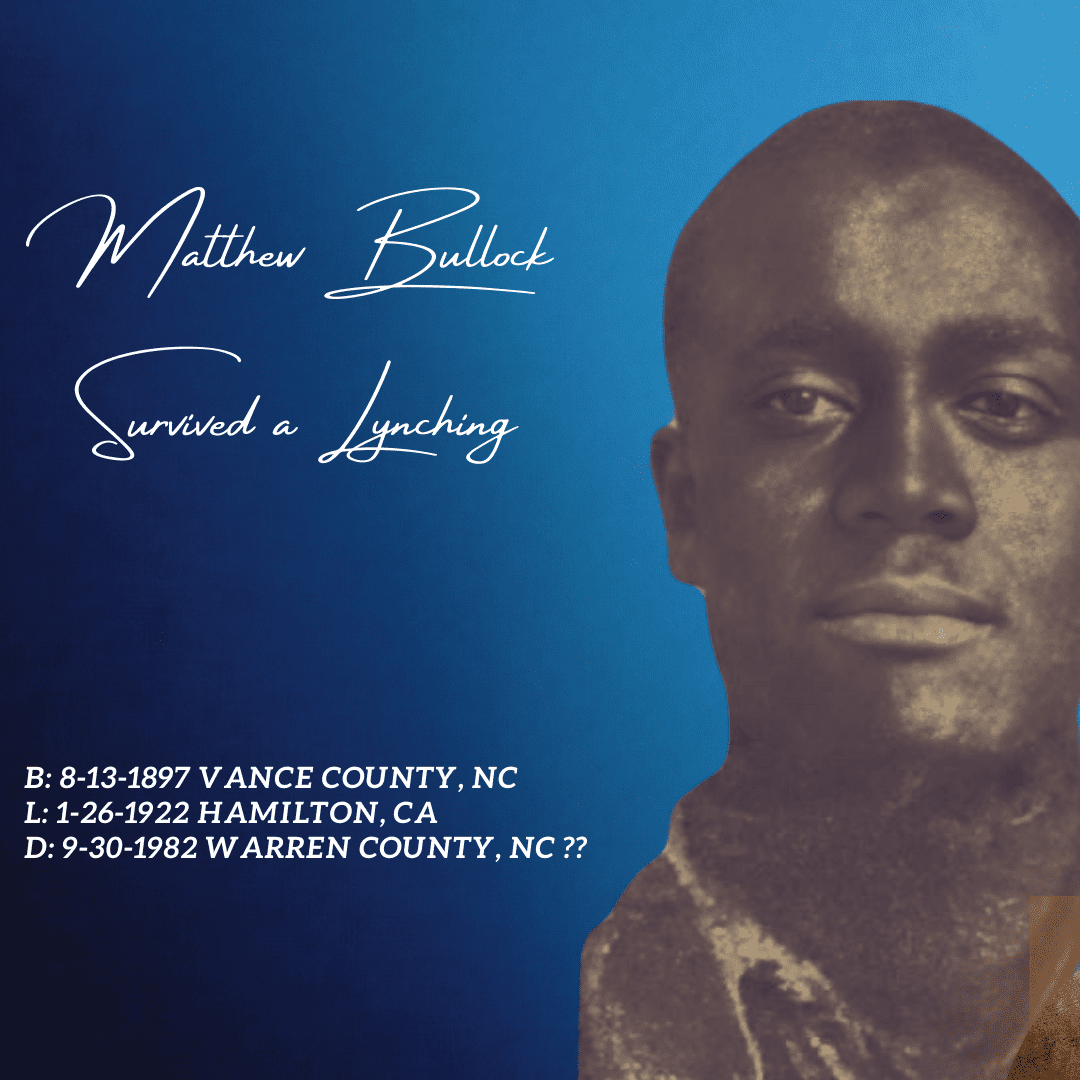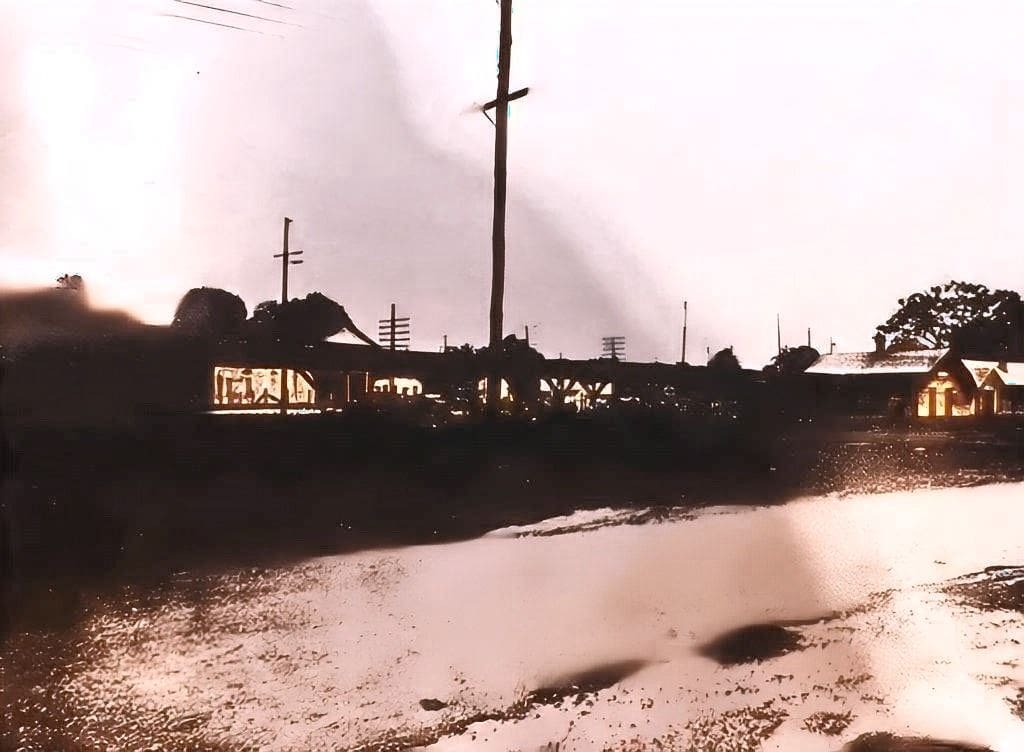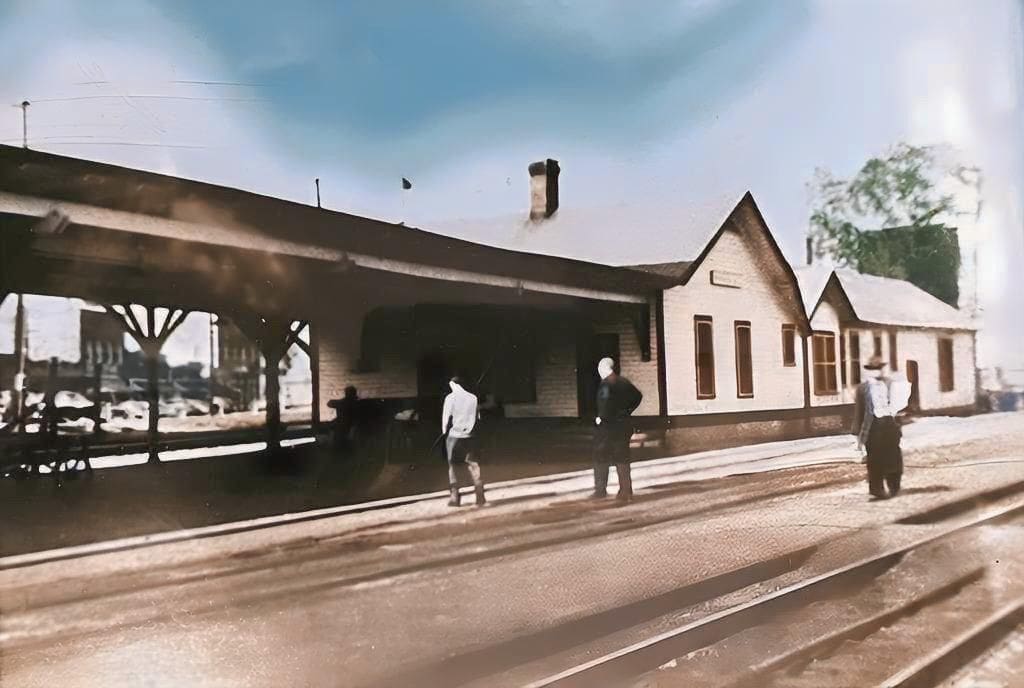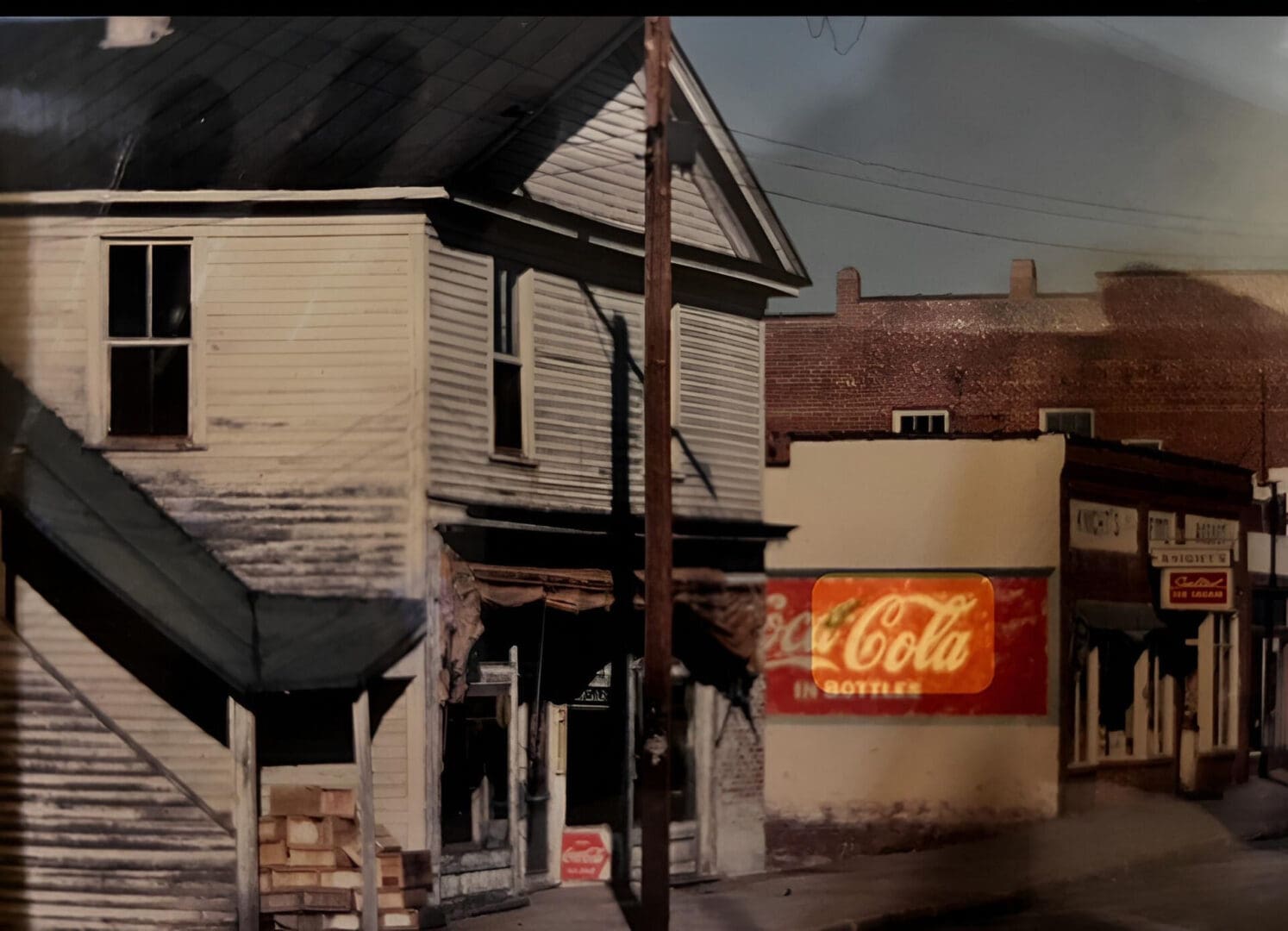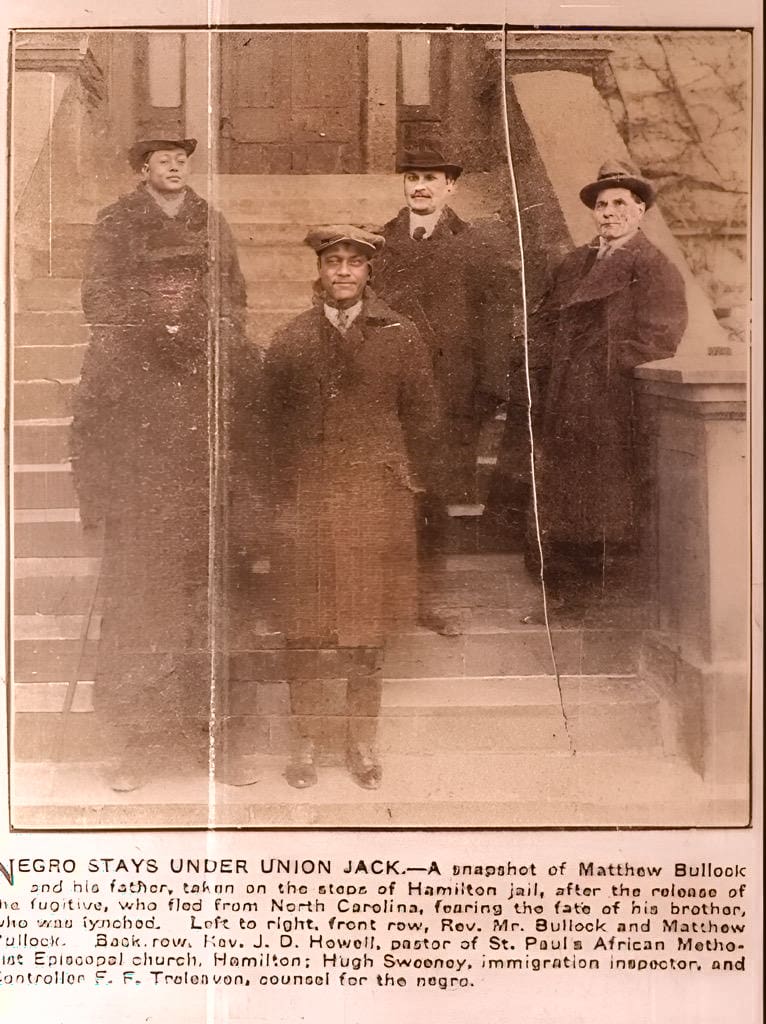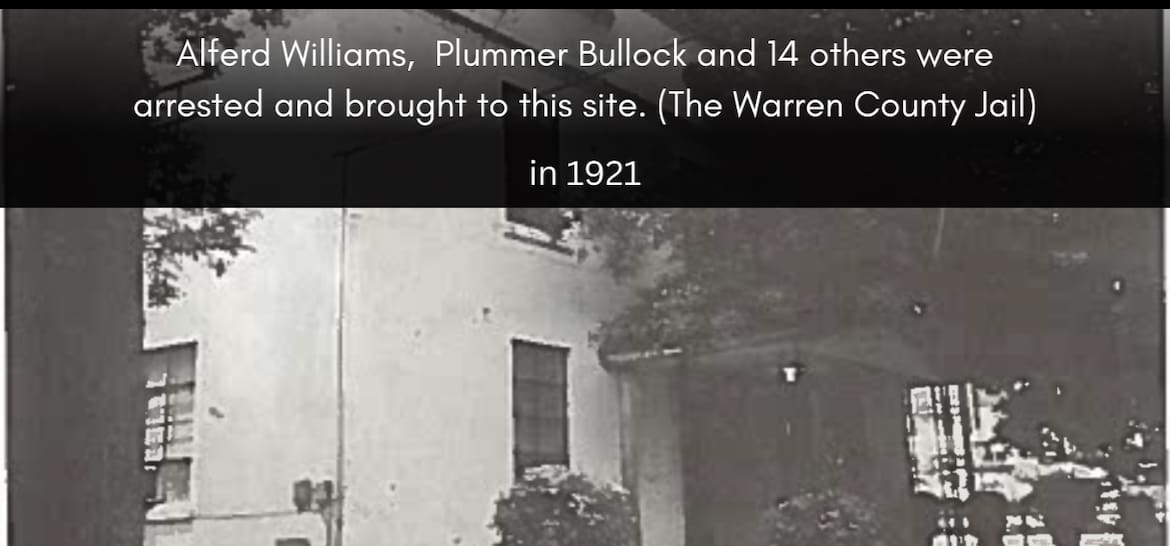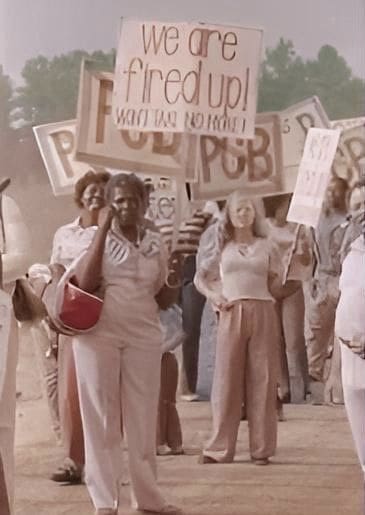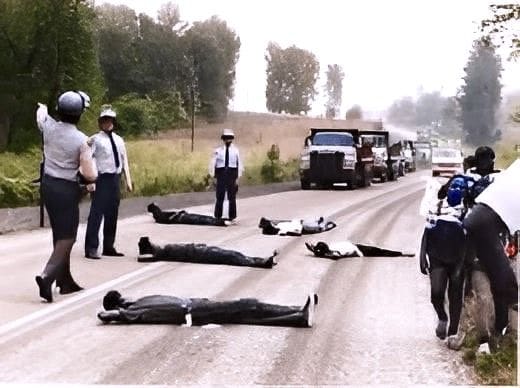Reckoning Tour
The time comes when we can no longer avoid the racial inequities of the past. Here, we highlight towns in Warren County in which racial injustice consumed much of the communities throughout the United States.
The toll and impact of several atrocities in Warren County shows not only the severity of their experience but their resilience, not their pain, but also their strength.
Soul City
Soul City is a community in Warren County, North Carolina. This planned community was first proposed in 1969 by Floyd McKissick, a civil rights leader and director of the Congress of Racial Equality. Soul City was one of 12 towns developed with funding from the United States Department of Housing and Urban Development, or HUD. McKisssick's sole purpose was to encourage African-Americans to return back “home” after The Great Migration and, thereby, usher a return to the rural South where they could use the education and skills obtained by moving to the industrial North to benefit those southern states. McKissick laid out an infrastructure plan; funds allowed the town water in Norlina and Warrenton to reach the most rural parts of Warren County, and they developed a community with a few commercial structures.
Follow us! Let’s visit the former soul of hope, formed by one of Martin Luther King Jr.’s attorneys, Floyd McKissick.
The Jail, Downtown Warrenton – A museum that will share the history of Warren County soon to come.
Color Town and Downtown Norlina
Learn how the conflict started when Plummer Bullock and Alfred Williams entered a store to make a purchase. We will stroll in downtown Norlina and share the story of what took place that day in the J.P. General Store, the jailing, and the escape of someone we consider a superhero of his time.
Warren County Jail
Discover the story of 16 black people who were jailed over a squabble about bad apples in a downtown Norlina store.
Unsolved Lynching
Henry Andrews and Isaac Mayo were arrested one summer night in 1947, allegedly charged with being drunk and disorderly. The police chief of Norlina and the Warren County Sheriff picked up Mayo first; Andrews was picked up later in Ridgeway. As they rode in the police car, Andrews was shot in the mouth several times. Mayo’s testimony about what happened was clear. He recanted and changed his statement a few months later when the FBI became a part of the investigation. A few weeks after that, Mayo was killed on a train track. We will share how NAACP Supreme Court Justice Thurgood Marshall became involved.
LaTonya Andrews. We will request a reopening of this case! Please join us by making a contribution to efforts to turn this case over as a homicide by Warren County officials, County Sheriff and Norlina Police Department, and the North Carolina State government.
We won’t stop there! Henry Andrews is the great uncle of Soul City Farm owner. Your contributions will also provide a memorial and a marker for her slain great uncle.
(Click here to contribute)
The PCB Movement
Soil Contaminants that were dumped to destroy the environment in southern Warren County (Afton) birthed the PCB Movement to take back the environment. Polychlorinated biphenyls (PCBs) are highly carcinogenic chemical compounds formerly used in industrial and consumer products until their production was banned in the United States by the Toxic Substances Control Act in 1976 and internationally banned by the Stockholm Convention on Persistent Organic Pollutants in 2001.
The North Carolina PCB Protest of 1982 gave momentum to efforts to protect our community from environmental hazards. Activists across the state took action, including Benjamin Chavis, who launched a PCB protest movement in North Carolina’s Warren County, a predominantly black community that became the state’s dumping ground to dispose of soil laced with polychlorinated biphenyls (PCBs). The toxins leaked into the local water supply, sparking protests that led to the arrest of hundreds of people. This kind of toxic dumping and environmental hazards was commonplace in black communities; however, concerned citizens of Warren County took a stand. The county’s Commissioners and other leaders told the governor of North Carolina that they did not approve of this activity. Shortly afterward, the governor gave permission to Ward PCB Transformer Company to continue dumping. The Raleigh-based company contracted from New York to dump the PCB in Afton, Warren County. They secretly dumped PCB and contaminated oil from Raleigh to Warren County, and all over Wake County. The Environmental Protection Agency and the Governor allowed this failed dumping.

